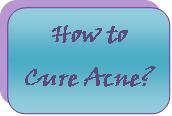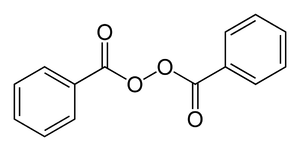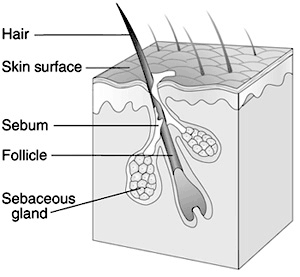Learn About Makeup Cosmetics and Acne
Is your temporary solution part of the problem? For decades, dermatologists and cosmetologists alike have debated the effects of cosmetics on the skin, particularly in acne sufferers. Make-up has often been branded an “acne Catch-22” — you want something to cover the redness, but you’re told it may actually be causing your acne. Fortunately, this is only partly true. To understand how to approach the make-up issue, we should start with a discussion of “cosmetic acne.”
Cosmetic Acne & Skin Care - A mild-mannered cousin. Acne cosmetica, or acne that is caused by cosmetics, is a mild and fairly common form of acne. Because it is triggered by topical products rather than the complex process that creates true acne, it can strike anyone — even people who are not physiologically prone to the condition. Characterized by small, rashy pink bumps on the cheeks, chin and forehead, it typically develops over the course of a few weeks or months and may persist indefinitely. If you've recently started using a new skincare product and you're experiencing any of the symptoms listed above, discontinue use of the new product for a few days and see if your breakout subsides.
NOTE: While studies have shown that make-up does not cause true acne, it can exacerbate the condition. So it’s helpful to be aware of common topical triggers, no matter what kind of acne you have.
Cosmetic Acne & Skin Care - The culprit: Comedogenics. Ever wonder where your make-up goes over the course of the day? Some of it is rubbed off by contact with your hands and your clothing, and some of it migrates across your skin, settling into your pores — much like rainwater collects wherever there are small holes in the ground. Some make-ups include ingredients that are considered comedogenic, or substances that are known to clog pores. Although these cosmetics may not cause true plugging of the follicle, certain ingredients may induce follicular irritation. The result? The small, persistent bumps known as “cosmetic acne.


[ More... ]
Cosmetic Acne & Skin Care - A mild-mannered cousin. Acne cosmetica, or acne that is caused by cosmetics, is a mild and fairly common form of acne. Because it is triggered by topical products rather than the complex process that creates true acne, it can strike anyone — even people who are not physiologically prone to the condition. Characterized by small, rashy pink bumps on the cheeks, chin and forehead, it typically develops over the course of a few weeks or months and may persist indefinitely. If you've recently started using a new skincare product and you're experiencing any of the symptoms listed above, discontinue use of the new product for a few days and see if your breakout subsides.
NOTE: While studies have shown that make-up does not cause true acne, it can exacerbate the condition. So it’s helpful to be aware of common topical triggers, no matter what kind of acne you have.
Cosmetic Acne & Skin Care - The culprit: Comedogenics. Ever wonder where your make-up goes over the course of the day? Some of it is rubbed off by contact with your hands and your clothing, and some of it migrates across your skin, settling into your pores — much like rainwater collects wherever there are small holes in the ground. Some make-ups include ingredients that are considered comedogenic, or substances that are known to clog pores. Although these cosmetics may not cause true plugging of the follicle, certain ingredients may induce follicular irritation. The result? The small, persistent bumps known as “cosmetic acne.













































